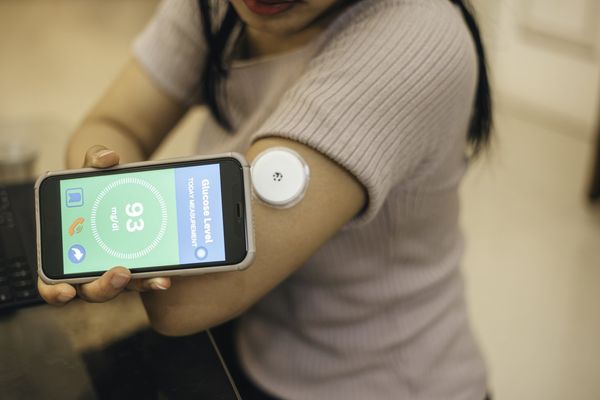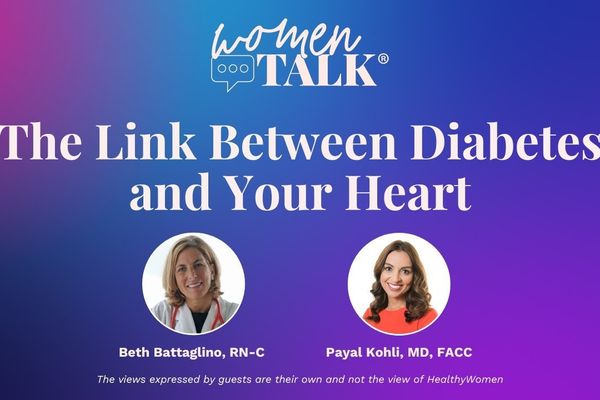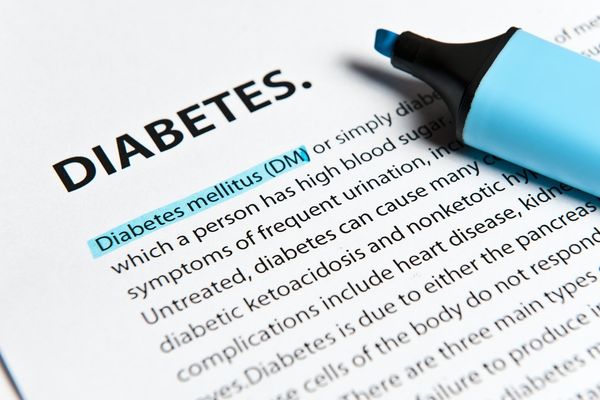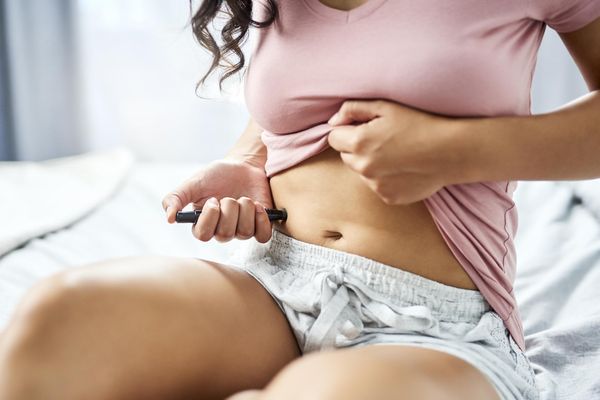Q:
I'm beginning to suspect that my diabetes is affecting my interest in sex. Is this possible?
A:
Perhaps. Several studies that used questionnaires to evaluate sexual function found that women with diabetes are more likely to report sexual problems, including lower desire, than women without. One study found that nearly 78 percent of women with type 2 diabetes had low libido compared to just 20 percent of women without type 2 diabetes. Another found that only about a third of women with type 2 diabetes reported they had a "strong" sex drive, while 70 percent said their sex drive was weak. The figures were nearly exactly the opposite in women without diabetes. Women with diabetes also had more difficulty reaching orgasm and were much less likely than women without diabetes to describe sex as satisfying.
Numerous reasons could be behind the differences, including lack of lubrication, possibly from insufficient blood flow to the vaginal area. In one study, only a third of women with diabetes said they achieved vaginal lubrication "easily," compared to 78 percent of a control group. In addition, one study comparing genital arousal in women with diabetes and those without showed that women with diabetes reported fewer sensations in their clitoris.
Mental and physical factors may also affect sexual desire. General health status, depression, hormonal status and the use of prescription medicines and recreational drugs may hinder sexual desire as well. I encourage you to talk to your health care professional about your concerns and ask if there are any medical or psychological options to improve your sexual desire. I also encourage you to talk with your partner and offer reassurance that your lack of interest isn't caused by anything your partner is or isn't doing. Remember, communication is one of the most important components to a healthy sexual relationship.







